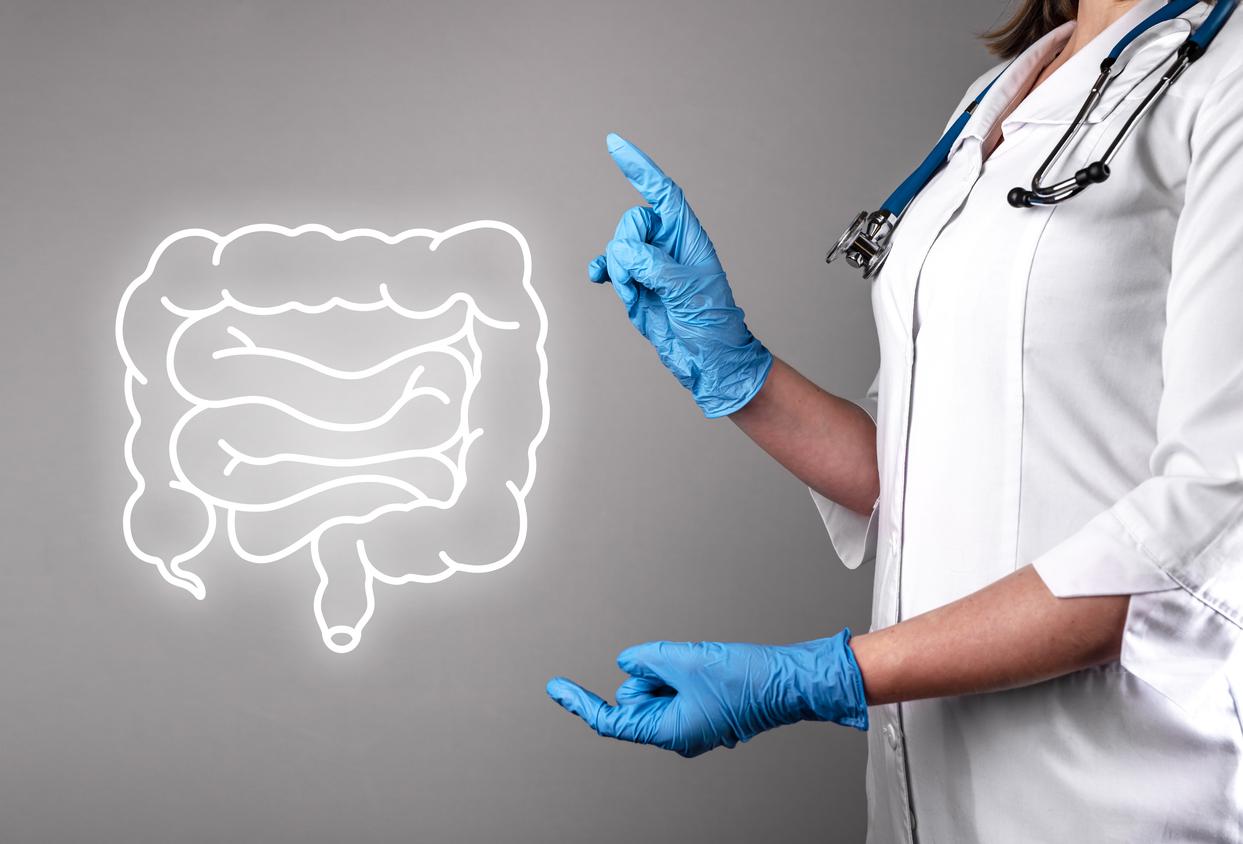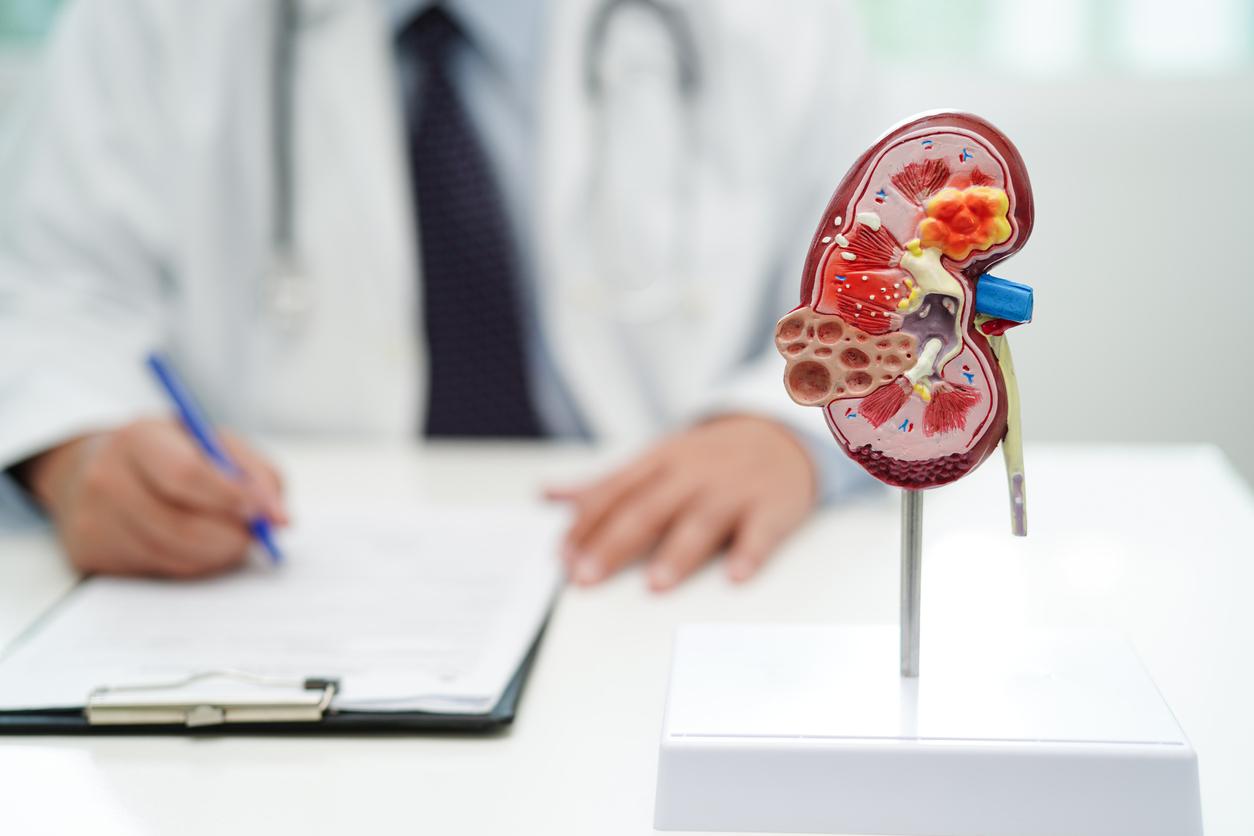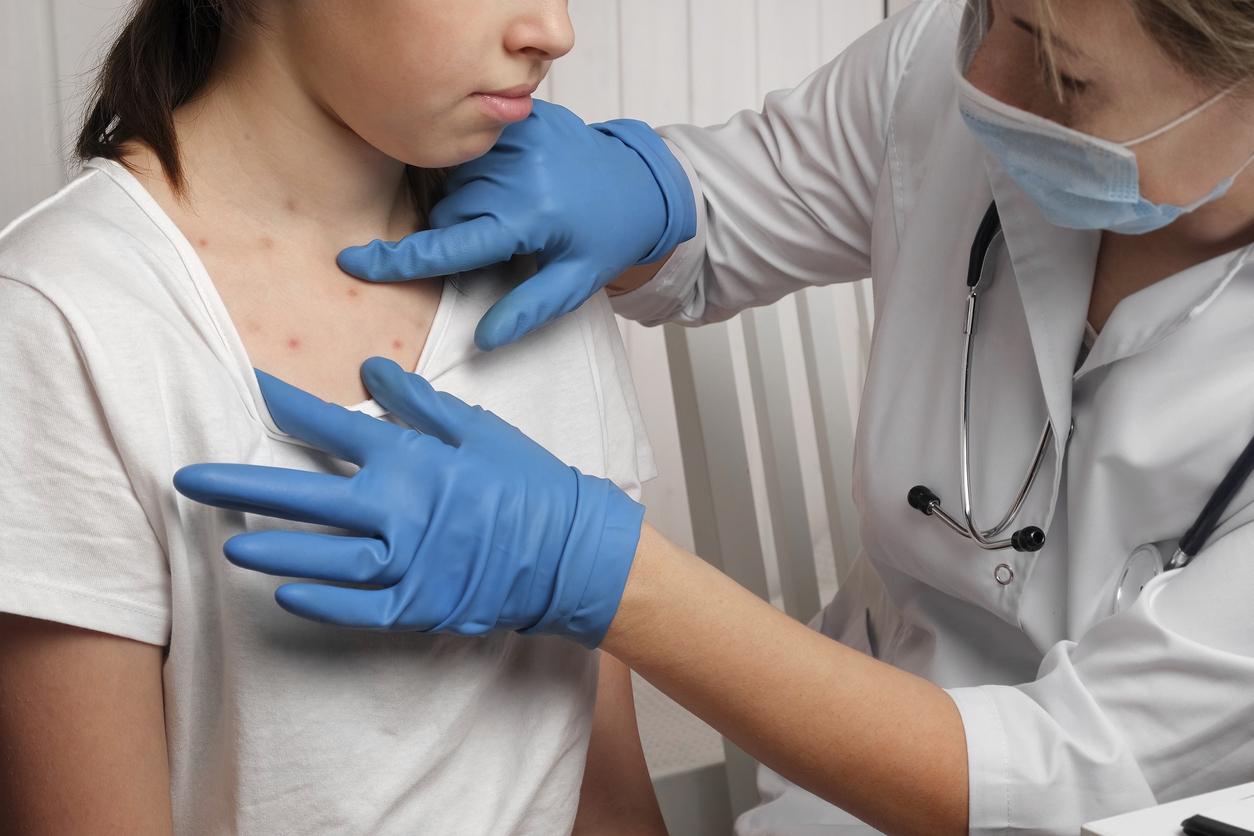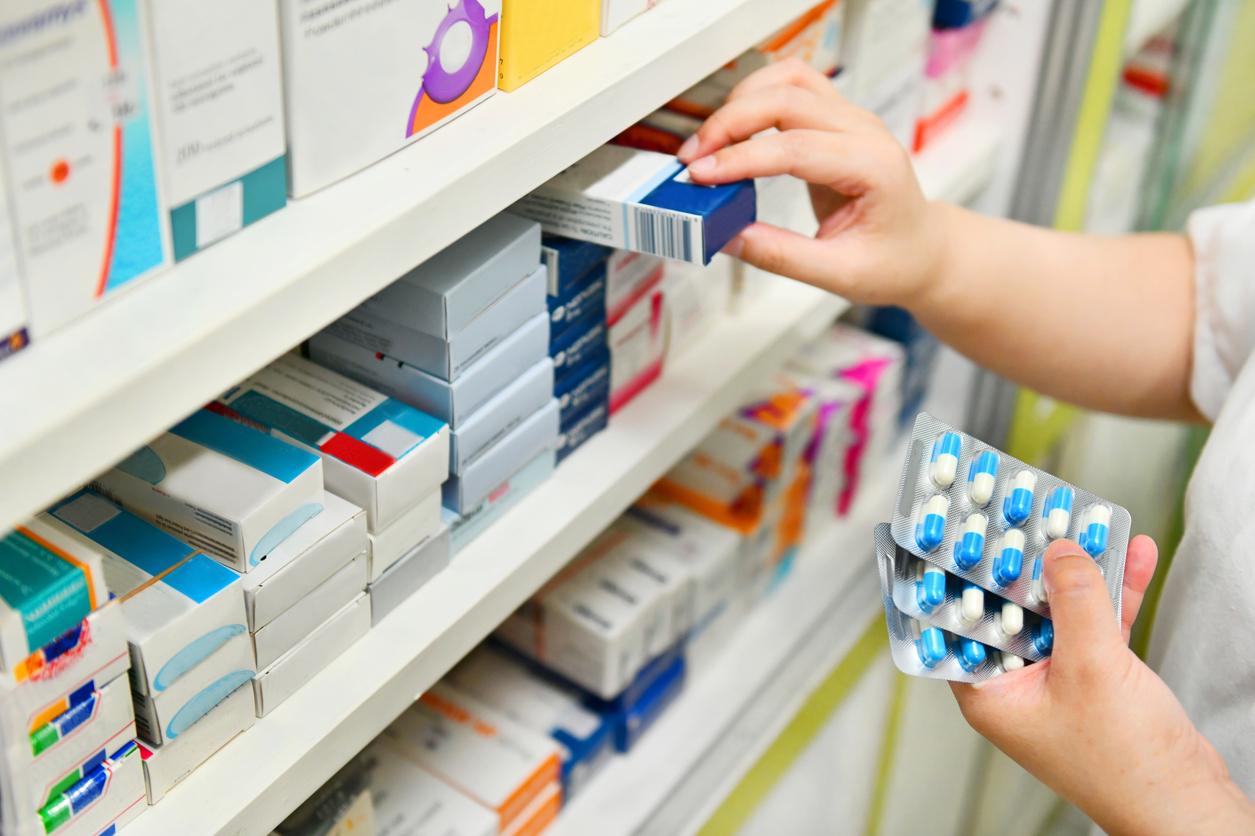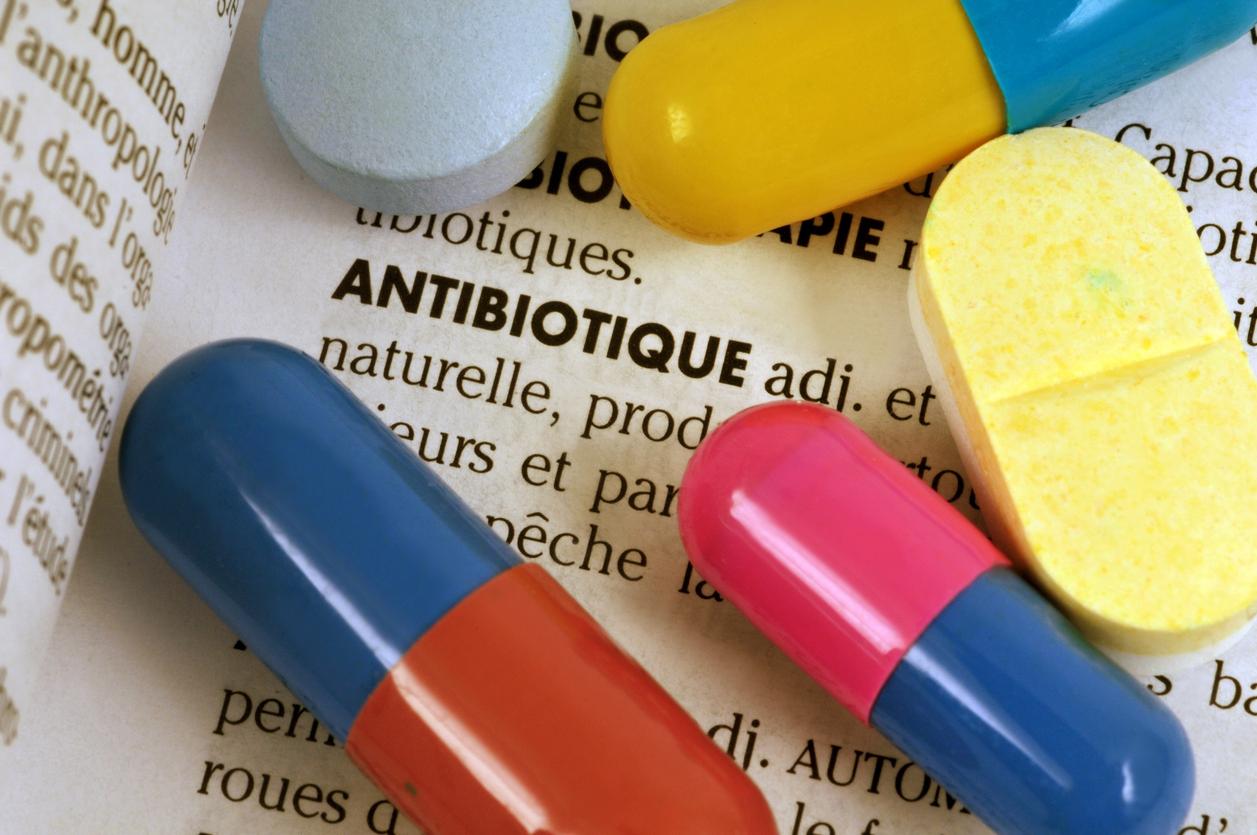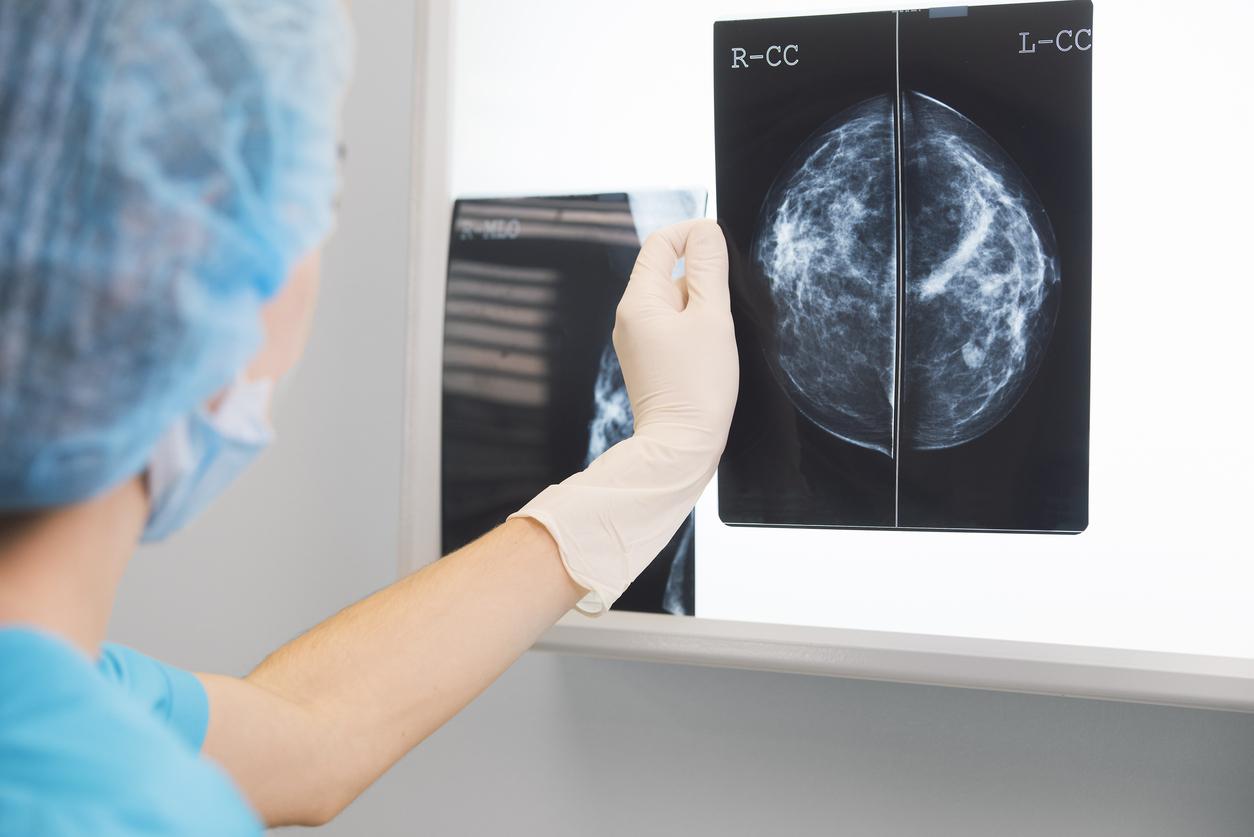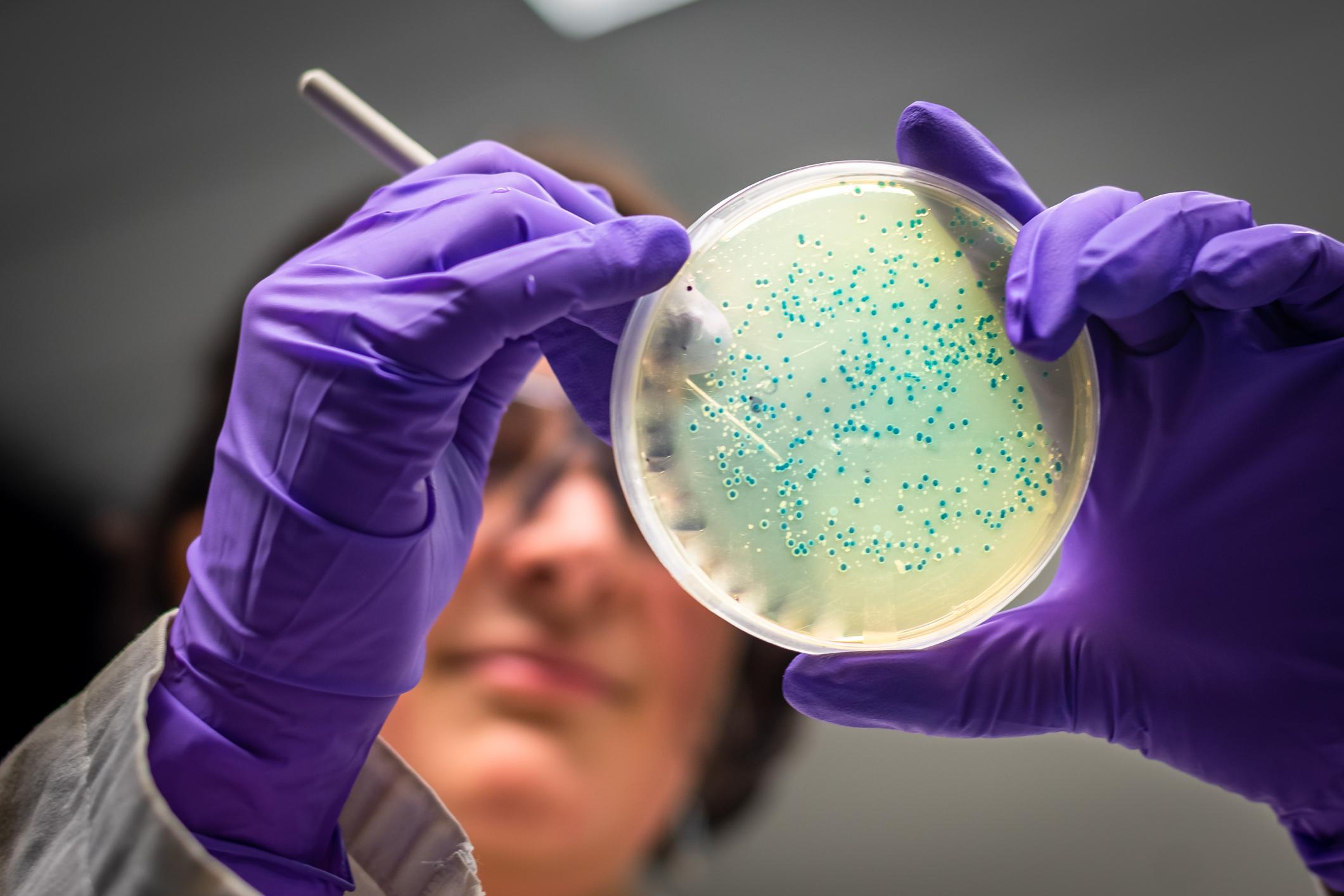
Survival of the fittest?
Antibiotics are a matter of course for us in case of illness, but this medicine does not work at all with, for example, the flu or a cold. They are only effective in bacterial infections. Misuse makes bacteria less and less sensitive to antibiotics. Super bacteria already exist, resistant to all forms of antibiotics. As a result, infections are less effective in the future.
Antibiotic resistance means that certain bacteria are no longer sensitive to the action of one or more antibiotic species. They have protected themselves. From a biological and evolutionary point of view a logical phenomenon: the survival of the fittest.
Bacteria become resistant
During an infection, a number of resistant bacteria are sometimes present from the start. In addition, bacteria can become resistant through repeated or prolonged use of a certain type of antibiotic. Improper use of an antibiotic facilitates this process.
Bacteria arm themselves, for example, by pumping the antibiotic out of the cell or by breaking them down or inactivating them with enzymes. Bacteria can also adapt themselves in such a way that antibiotics stay completely out of the door.
An antibiotic does not work on the resistant bacteria already present. So they can live. Because the antibiotic does kill the sensitive bacteria, there is extra room for the resistant bacteria to multiply.
Dangers of resistance
An infection by resistant bacteria is difficult to treat, because the antibiotic can no longer kill the bacteria or inhibit their growth. Due to incorrect use of antibiotics, more and more bacteria can resist the effect of antibiotics.
Multi-resistant bacteria have already become resistant to a large number of antibiotics. An example of this is the hospital bacteria MRSA.
Fortunately, new antibiotics are sporadically invented, but in the worst case bacterial infections can no longer be treated in the future. This would mean that a now easily treatable infection would then lead to serious illness.
Risk groups
An infection with resistant bacteria can affect anyone. The bacteria spread in all kinds of ways, for example through direct contact with animals, through other people, in the hospital or while travelling. Contamination is presumably also possible through food such as undercooked meat from animals that carry resistant bacteria.
Antibiotic resistance poses a greater risk to people with reduced resistance, such as hospital patients. They are more likely to have a bacterial infection that sometimes leads to serious complaints.
To treat
Such an infection is more difficult to treat, but it is still possible. In a laboratory, it will first have to be examined which antibiotics can still kill the bacteria. Sometimes multiple treatments with different antibiotics are needed.
Global problem
Naturally, bacteria do not adhere to national borders and so resistant bacteria are found all over the world. But not everywhere to the same extent. In the Netherlands, doctors are reluctant to prescribe antibiotics, which reduces the risk of resistance. In countries where antibiotics are available separately or are very easily prescribed, there is a greater chance of encountering a resistant bacteria.
Appearance
The only way to ensure that bacteria remain sensitive to antibiotics is to be very careful in their use. Physicians should be careful about prescribing; most bacterial infections heal spontaneously.
The following applies to patients; Only use antibiotics on prescription, in the prescribed amount and at the right time, never stop a course of antibiotics on your own initiative and do not use leftover antibiotics or antibiotics from someone else.
In addition, good personal hygiene helps prevent the spread of bacteria. Always wash your hands after going to the toilet, before preparing food and before eating and after contact with your pet. In hospitals and nursing homes, measures are also taken to prevent the spread of (resistant) bacteria. This concerns hygiene measures and special measures to combat MRSA.
Future
In the worst case, bacterial infections can no longer be treated in the future. It’s not that far yet. Careful handling of antibiotics remains the first priority for the time being. We may find a new drug in the future. There is a good chance that bacteria will also protect themselves against this. But that’s just how it works: the strongest want to survive.



